
As the world shifts towards sustainable practices, the aviation industry is not left behind. Electric planes are emerging as a promising solution for a greener future. Here are seven reasons why electric planes are poised to revolutionize air travel.
Environmental Impact Reduction
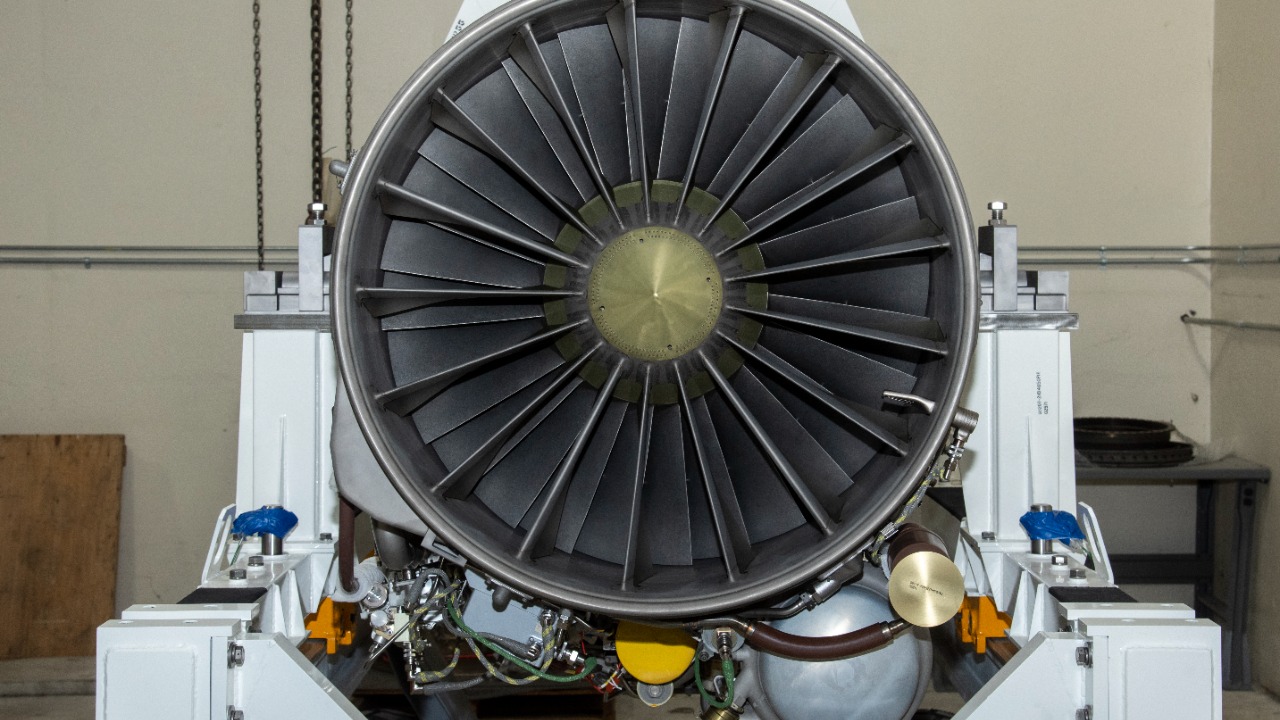
The aviation sector significantly contributes to carbon emissions, but electric planes offer a cleaner alternative. By eliminating the need for fossil fuels, electric aircraft can drastically cut down on greenhouse gases. According to a study on environmental impacts, transitioning to electric aviation could reduce emissions by up to 75%. This shift not only benefits the environment but also helps meet global sustainability targets.
Electric planes also minimize other pollutants, like nitrogen oxides, which are harmful to both health and the environment. By adopting electric propulsion, the aviation industry can support cleaner skies and healthier communities, making sustainable travel a reality.
Lower Operating Costs

One of the most compelling reasons for the shift towards electric planes is the potential for reduced operational costs. Electric engines have fewer moving parts compared to traditional jet engines, leading to lower maintenance expenses. This efficiency extends to fuel costs as well, with electricity being cheaper than jet fuel.
Furthermore, companies like Sikorsky’s hybrid-electric technology are paving the way for cost-effective solutions. Airlines can pass these savings on to consumers, making air travel more accessible and affordable for everyone.
Technological Advancements
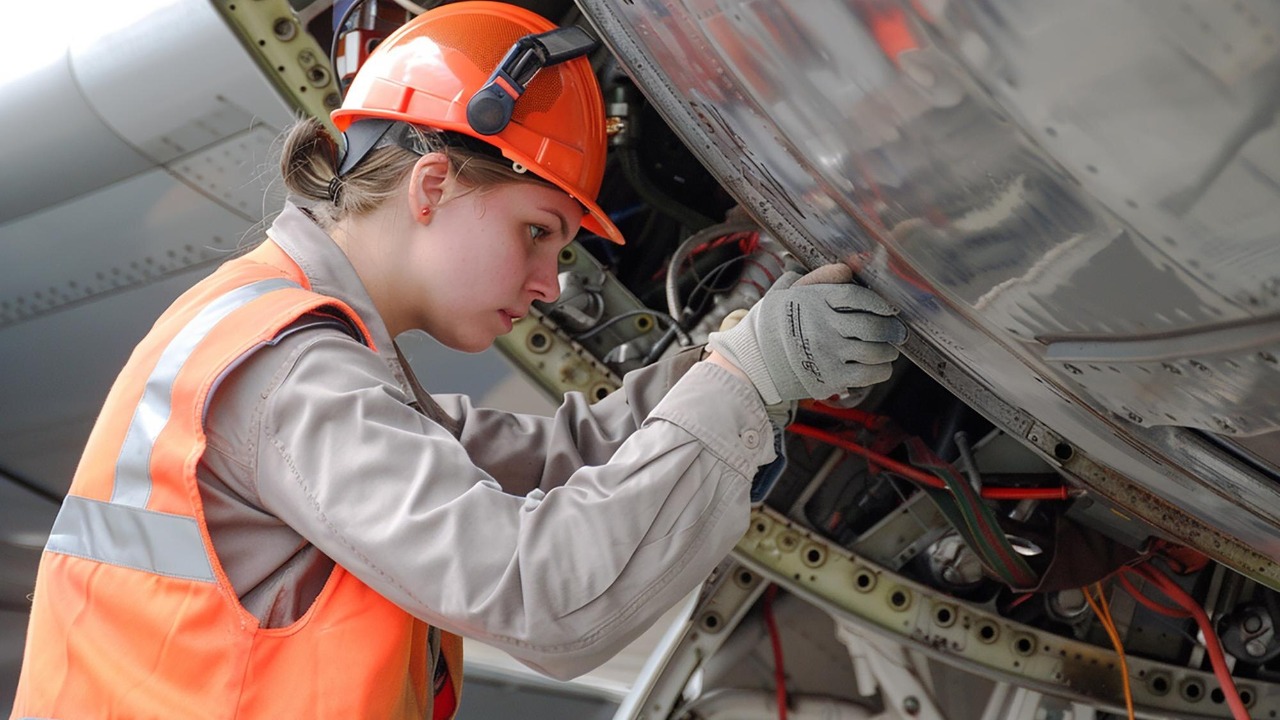
The rapid pace of technological advancements is accelerating the development of electric planes. Innovations in battery technology and electric motors are making these aircraft more viable for commercial use. For instance, advancements in blown wing aircraft technology have shown great promise in enhancing performance and efficiency.
Electric planes are also benefiting from developments in automation and AI, which can optimize flight paths and improve safety. These technological strides are not only enhancing the capabilities of electric aircraft but are also increasing their appeal to airlines and passengers alike.
Noise Pollution Reduction
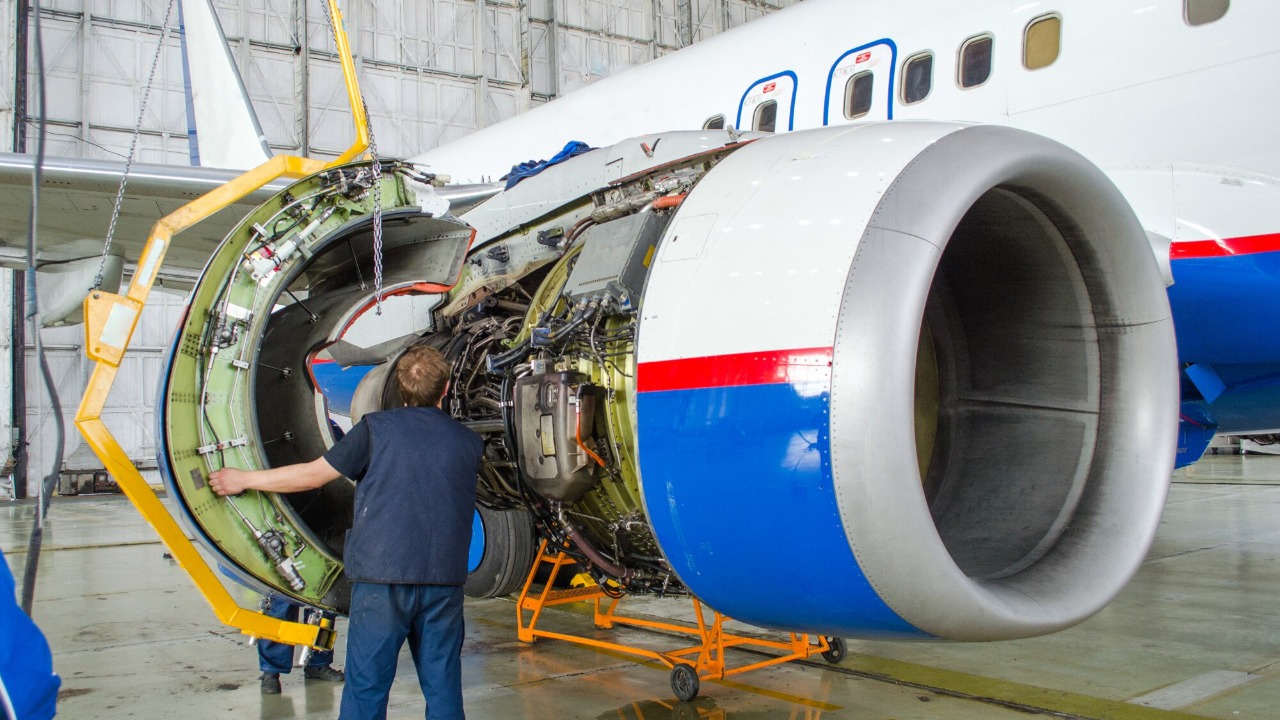
Traditional aircraft generate significant noise pollution, affecting communities near airports. Electric planes, however, are much quieter, offering a solution to this persistent issue. The absence of combustion engines results in a substantial noise reduction, making electric aircraft suitable for urban areas.
This decrease in noise pollution can lead to expanded flight routes and operations in noise-sensitive regions. Additionally, airports investing in electric infrastructure are better positioned to accommodate these quieter planes, enhancing their appeal for short-haul flights.
Regulatory Support and Incentives

Governments and aviation authorities worldwide are increasingly supporting the transition to electric planes. Regulatory bodies are providing incentives to encourage the development and adoption of electric aircraft. These incentives include tax breaks, grants, and funding for research and development projects.
Policies favoring sustainable aviation are also being implemented, aligning with global environmental goals. This regulatory support is crucial for overcoming initial barriers and accelerating the widespread adoption of electric planes.
Increased Energy Efficiency
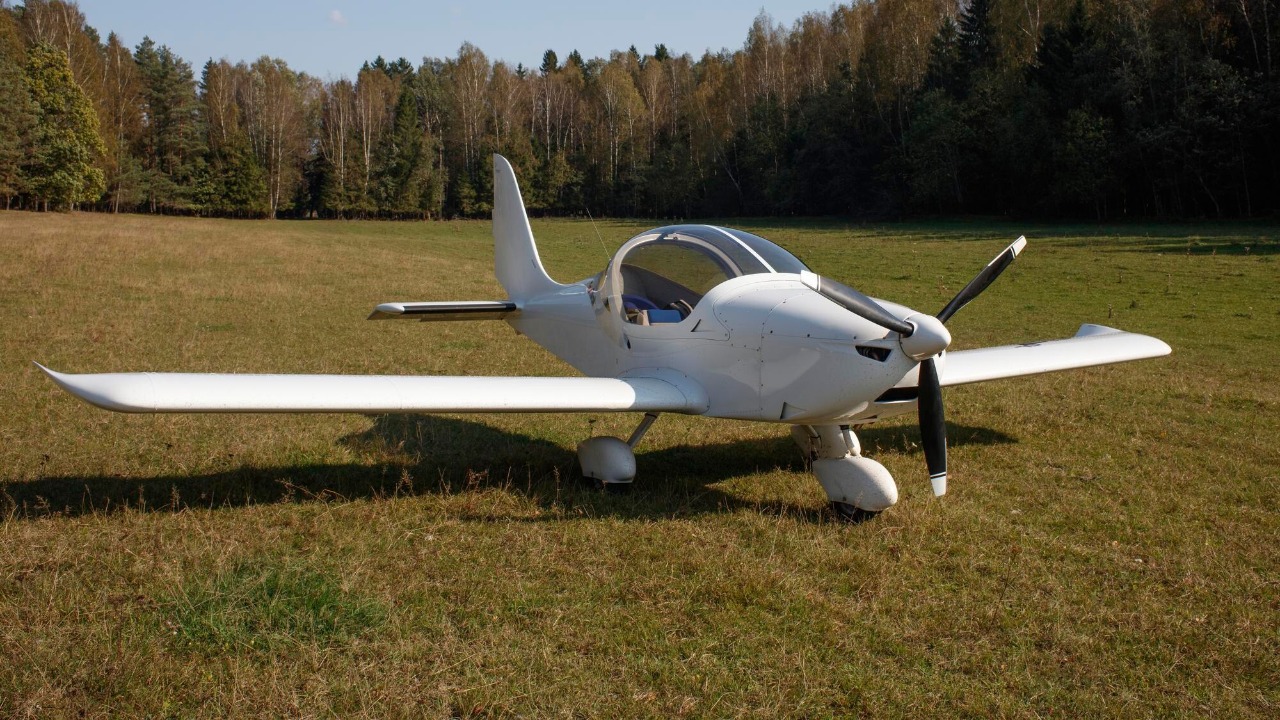
Electric planes are more energy-efficient than their traditional counterparts, as electric motors convert a higher percentage of energy into thrust. This efficiency translates to less energy waste and longer flight ranges, making electric aircraft a practical choice for various travel demands.
The improved energy efficiency also means that electric planes can operate on renewable energy sources, further reducing their carbon footprint. As renewable energy infrastructure expands, the potential for fully sustainable aviation becomes increasingly attainable.
Enhanced Passenger Experience
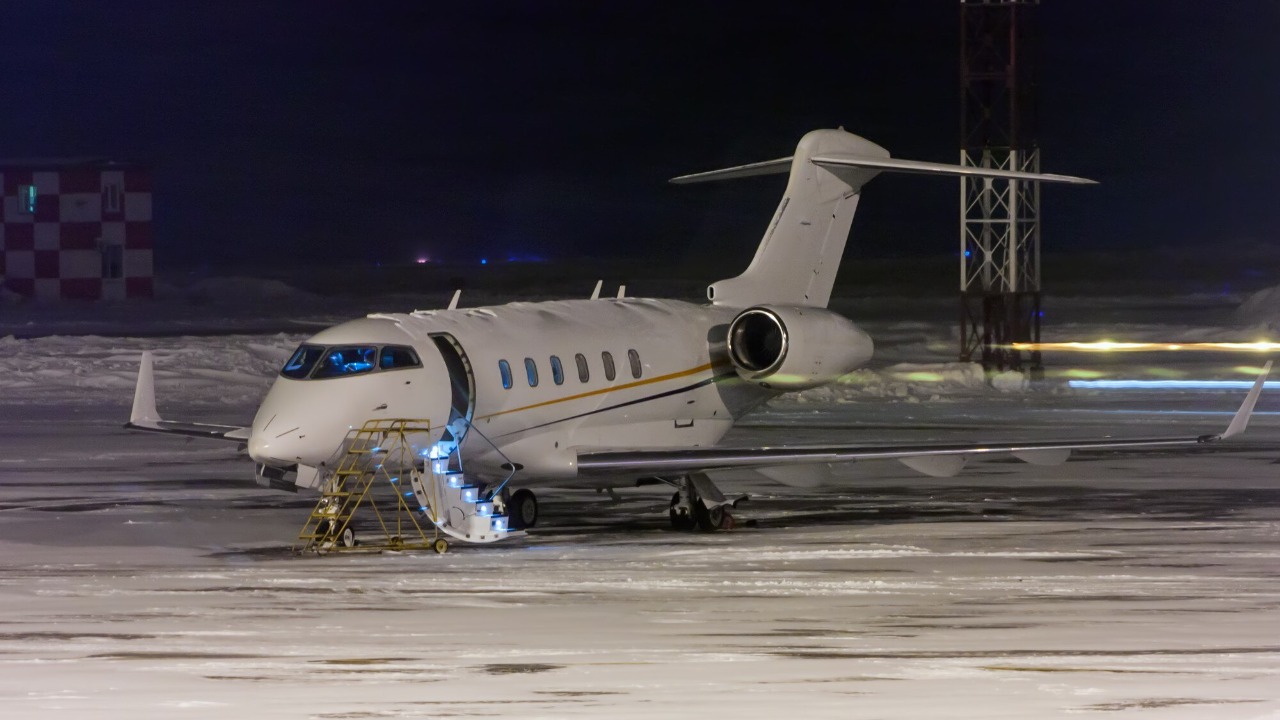
Electric planes offer a quieter, smoother flying experience, which enhances passenger comfort. The reduced noise levels in the cabin create a more pleasant environment, allowing travelers to relax or work more effectively during flights.
Moreover, the potential for lower ticket prices due to reduced operating costs can make air travel more accessible. As electric aviation technology continues to mature, passengers can look forward to a new era of comfortable and cost-effective air travel.